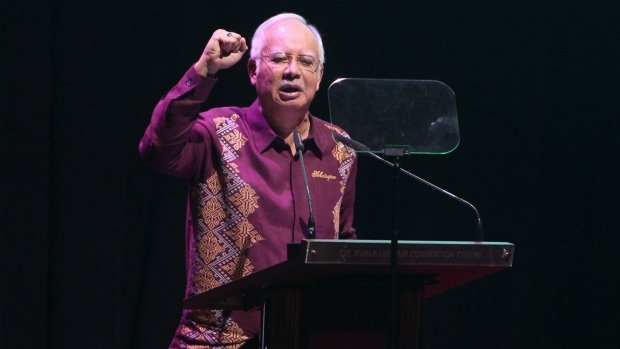In a statement that has sent shockwaves through the NATO alliance and redefined the boundaries of 21st-century diplomacy, the White House confirmed Tuesday that it is discussing a “range of options” to acquire Greenland—explicitly refusing to rule out the use of the U.S. military to seize the territory by force.
White House Press Secretary Karoline Leavitt told reporters that the annexation of the world’s largest island is now a “national security priority” for the Trump administration. The announcement follows the stunning weekend raid in Venezuela that captured Nicolás Maduro, a move that analysts say has emboldened the administration to pursue territorial goals once considered unthinkable.
‘Always an Option’: The Commander-in-Chief’s Directive
The rhetoric from the West Wing has shifted from real estate interest to strategic necessity. Leavitt’s Tuesday briefing confirmed that President Trump wants the issue “settled” before the end of his current term.
- The Military Card: “The President and his team are discussing a range of options to pursue this important foreign policy goal,” Leavitt stated. “Utilizing the U.S. military is always an option at the Commander-in-Chief’s disposal.”
- The Strategic Vacuum: Deputy Chief of Staff Stephen Miller doubled down on the claim, telling CNN that Greenland is currently “vulnerable” and “covered by Russian and Chinese ships.” He sparked further outrage by questioning the legal basis of Danish sovereignty, asking, “By what right does Denmark assert control over Greenland as a colony?”
- The ‘Golden Dome’ Defense: The administration views Greenland as the essential foundation for its “Golden Dome” missile defense system, a priority intended to intercept Russian or Chinese projectiles over the Arctic Circle.
‘The End of NATO’: Europe’s Unified Front
The response from Copenhagen and other European capitals was swift and apocalyptic in tone. Danish Prime Minister Mette Frederiksen issued a stark warning that any American military move against a fellow alliance member would effectively dissolve the post-WWII security order.
“If the United States chooses to attack another NATO country militarily, then everything stops. That is, including our NATO, and thus the security that has been provided since the end of the Second World War.” — Mette Frederiksen, Danish Prime Minister
A joint statement from the leaders of France, Germany, Italy, Poland, Spain, and the United Kingdom reaffirmed their “unwavering support” for Danish sovereignty. British Prime Minister Sir Keir Starmer insisted that Greenland’s future is “only” for its people and the Kingdom of Denmark to decide, signaling a rare and profound rift between London and Washington.

The Venezuela Precedent
The timing of the Greenland push is inextricably linked to the success of Operation Southern Spear in Caracas. Proponents of the administration’s “Maximum Pressure” doctrine argue that the capture of Maduro proves the U.S. can execute surgical strikes to achieve its objectives without triggering a wider regional war.
However, critics argue that Greenland—a peaceful, democratic territory of a NATO ally—presents a fundamentally different moral and legal challenge. Senator Ruben Gallego (D-AZ) has already introduced legislation to prohibit funds for any “hostilities against Greenland,” accusing the President of treating global geography like a “real estate portfolio.”
A High-Stakes Winter
As the sun sets on the Arctic for the long polar night, the tension in the High North is at an all-time high. The U.S. already operates Pituffik Space Base (formerly Thule) in northern Greenland, giving it a permanent military foothold. The fear in Copenhagen is that this base could serve as the “Trojan Horse” for a larger surge of forces.
For now, the White House remains undeterred. “Let’s talk about Greenland in 20 days,” Trump told reporters Sunday. As the deadline looms, the world is left to wonder if the Arctic ice will be the next theater for a presidency that has shown it is willing to shatter every convention of the modern age.







































